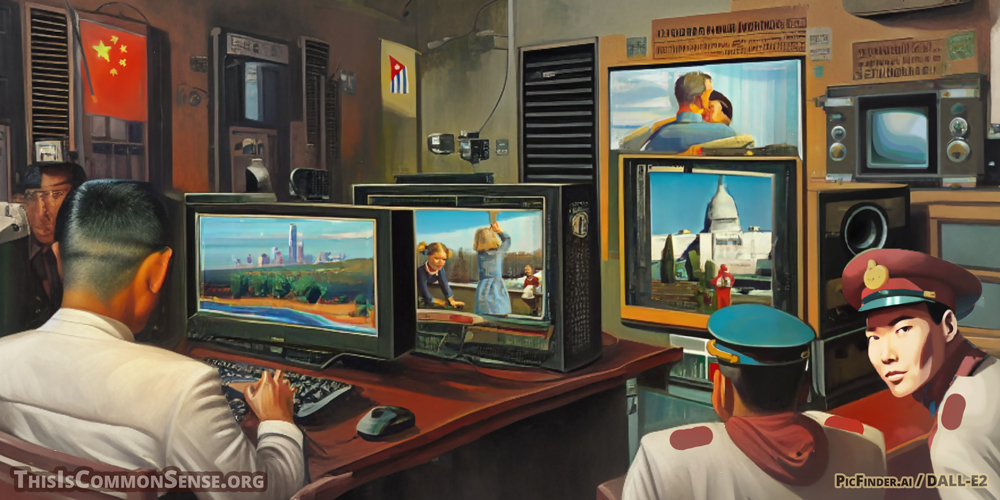A Chinese programmer who worked remotely for a foreign company between 2019 and 2022 has been fined his entire earnings from that work, 1.058 million yuan or almost 145,000 USD.
We know only the surname, Ma, of the robbed developer. Ma’s crime was using a virtual private network to evade China’s great firewall, a censorship net used to keep people from seeing anything too politically thought-provoking.
Many others in China also use VPNs to circumvent the great firewall, and many China-based companies couldn’t function without using VPNs.
Authorities first noticed Ma because of a Twitter account that was not even his, and which authorities agreed was not his. But now they were looking at him.
He says that he explained that while his remote work could be done without bypassing the wall and that the company’s support site could be reached without doing so, he needed to use a VPN only to access Zoom for meetings.
These details fell on deaf ears.
Whatever Ma’s exact alleged violation, something in what passes for law in China could be found to rationalize punishing him for it. He seems to be a victim of bad luck. A mix-up about a Twitter account. He ticked a few boxes. He had money. Money the local officials wanted.
The message to other Chinese: “You may think you’re getting away with X [“X” being one of the many peaceful activities that the Chinese government arbitrarily outlaws]. But we can get you any time.”
This is Common Sense. I’m Paul Jacob.
Illustration created with Firefly
—
See all recent commentary
(simplified and organized)





